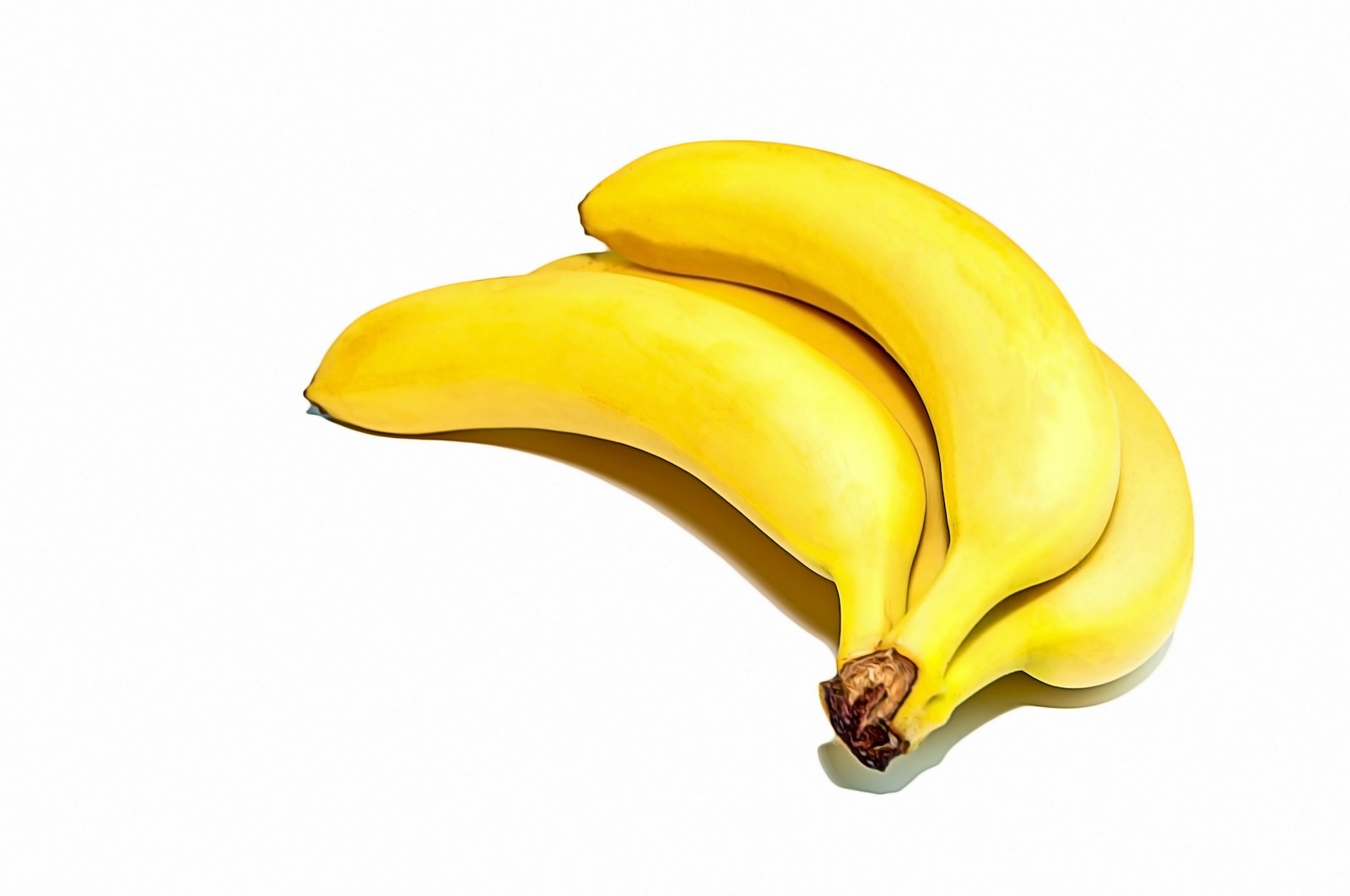
banane

banana
The word 'banane' in French is used similarly to the English 'banana'. It refers to the elongated, edible fruit produced by several kinds of large plants in the genus Musa. In a grammatical context, it is feminine, so one would say 'une banane'.
Example sentences using: banane
J'ai une banane.

I have a banana.
This phrase is a simple statement declaring ownership of a banana. It follows the basic structure of 'I have a' followed by the object, in this case, 'banana'.
La banane est sucrée.

The banana is sweet.
This is a straightforward adjective sentence in French, describing that the banana (la banane) is sweet (est sucrée). It's worth noting that adjectives in French usually come after the noun that they modify.
Je mange la banane.

I am eating the banana.
This sentence is in the present tense. In French, the base form of the verb is used with a subject pronoun to form the present tense. Here, 'I am eating' is translated to 'Je mange' and 'the banana' remains the same as 'la banane'.